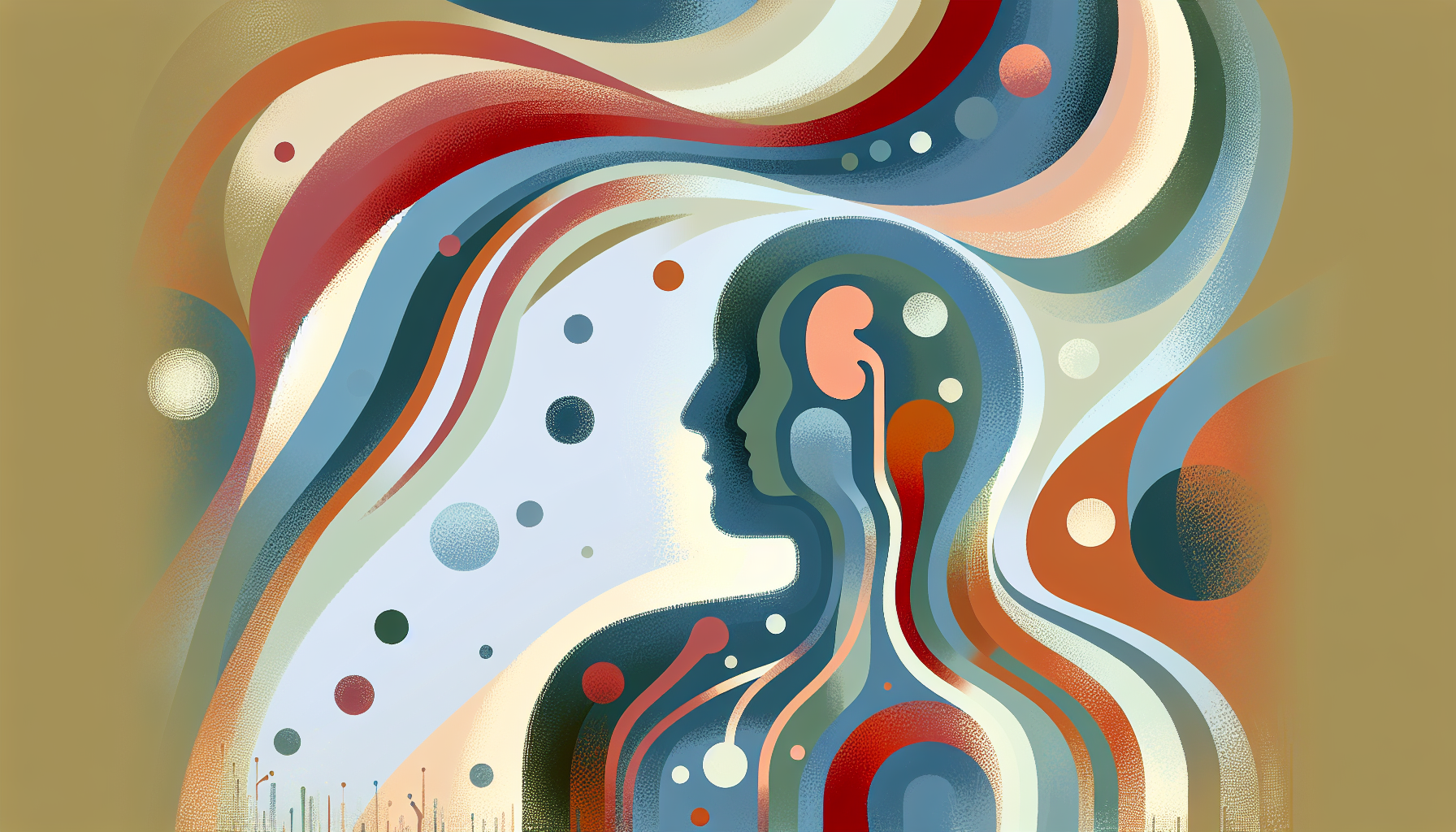High blood pressure, also known as hypertension, is a leading cause of kidney disease and kidney failure (end-stage renal disease). On the other hand, kidney disease can also cause a type of high blood pressure called renal hypertension. It's essential to understand the connection between these two conditions and how to manage them effectively.
Symptoms of Kidney Disease
Kidney disease often develops without noticeable symptoms, making it difficult to detect in its early stages. However, some signs may indicate the presence of kidney disease, including:
High or worsening blood pressure
Decrease in the amount of urine or difficulty urinating
Edema (fluid retention), especially in the lower legs
A need to urinate more often, especially at night
Diagnosing Kidney Disease
To diagnose kidney disease, your doctor may perform certain laboratory tests that indicate whether your kidneys are eliminating waste products properly. These tests include serum creatinine and blood urea nitrogen; elevated levels of either can indicate kidney damage. Proteinuria, an excess of protein in the urine, is also a sign of kidney disease.
Risk Factors for Kidney Disease Caused by High Blood Pressure
While kidney disease caused by high blood pressure affects every group and race, certain groups are at higher risk, including:
Preventing Kidney Disease
To prevent kidney damage from high blood pressure, it's crucial to take the following steps:
Keep your blood pressure controlled and get it checked regularly
Eat a proper diet
Get moderate exercise, such as walking, for 30 minutes daily
Take the medication your doctor prescribes
Treating Kidney Disease and Renal Hypertension
For patients with high blood pressure and kidney disease, the most important treatment is to control their blood pressure through lifestyle changes and medication. The most important blood pressure medications to treat renal hypertension include angiotensin-converting enzyme inhibitors (ACE inhibitors) and angiotensin II receptor blockers (ARBs).
Renal hypertension, a type of high blood pressure caused by kidney disease, is usually caused by a narrowing in the arteries that deliver blood to the kidney. This condition is called renal artery stenosis and is most often caused by atherosclerosis (hardening of the arteries). In some cases, procedures such as angioplasty, stenting, or surgery on the blood vessels of the kidney may help improve blood flow and control blood pressure.
It's essential to work closely with your healthcare provider to develop an individualized treatment plan that effectively manages your kidney disease and high blood pressure. By understanding the connection between these conditions and taking proactive steps to prevent and treat them, you can help protect your kidney health and overall well-being.
For more information on kidney disease and high blood pressure, visit:
The Bottom Line
This dangerous cycle progresses silently for years, making regular monitoring of both blood pressure and kidney function essential for early intervention. Aggressive blood pressure control with kidney-protective medications can slow progression and prevent dialysis in many cases. If you're noticing swelling, changes in urination, or have risk factors, Doctronic can help you understand your symptoms and next steps.



